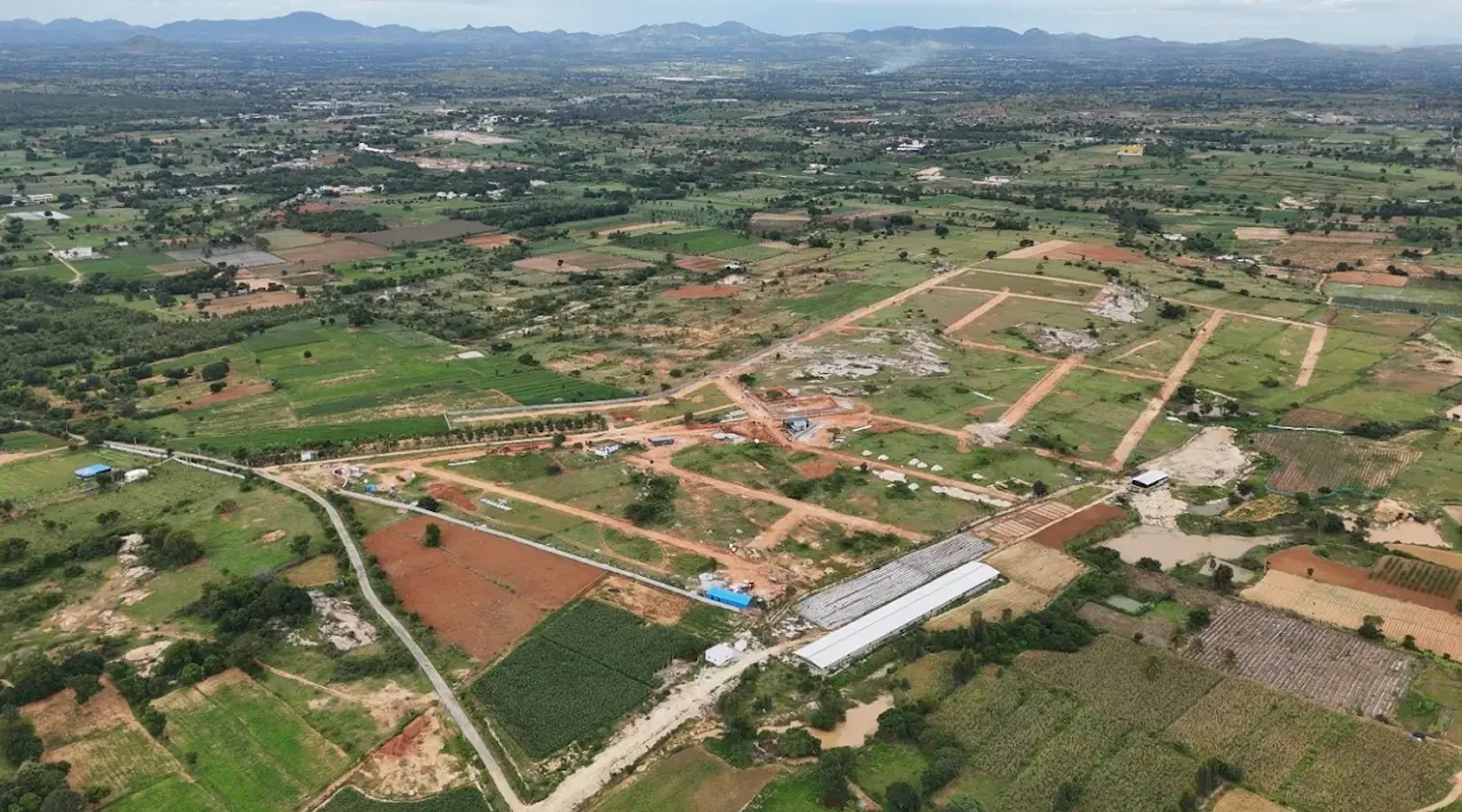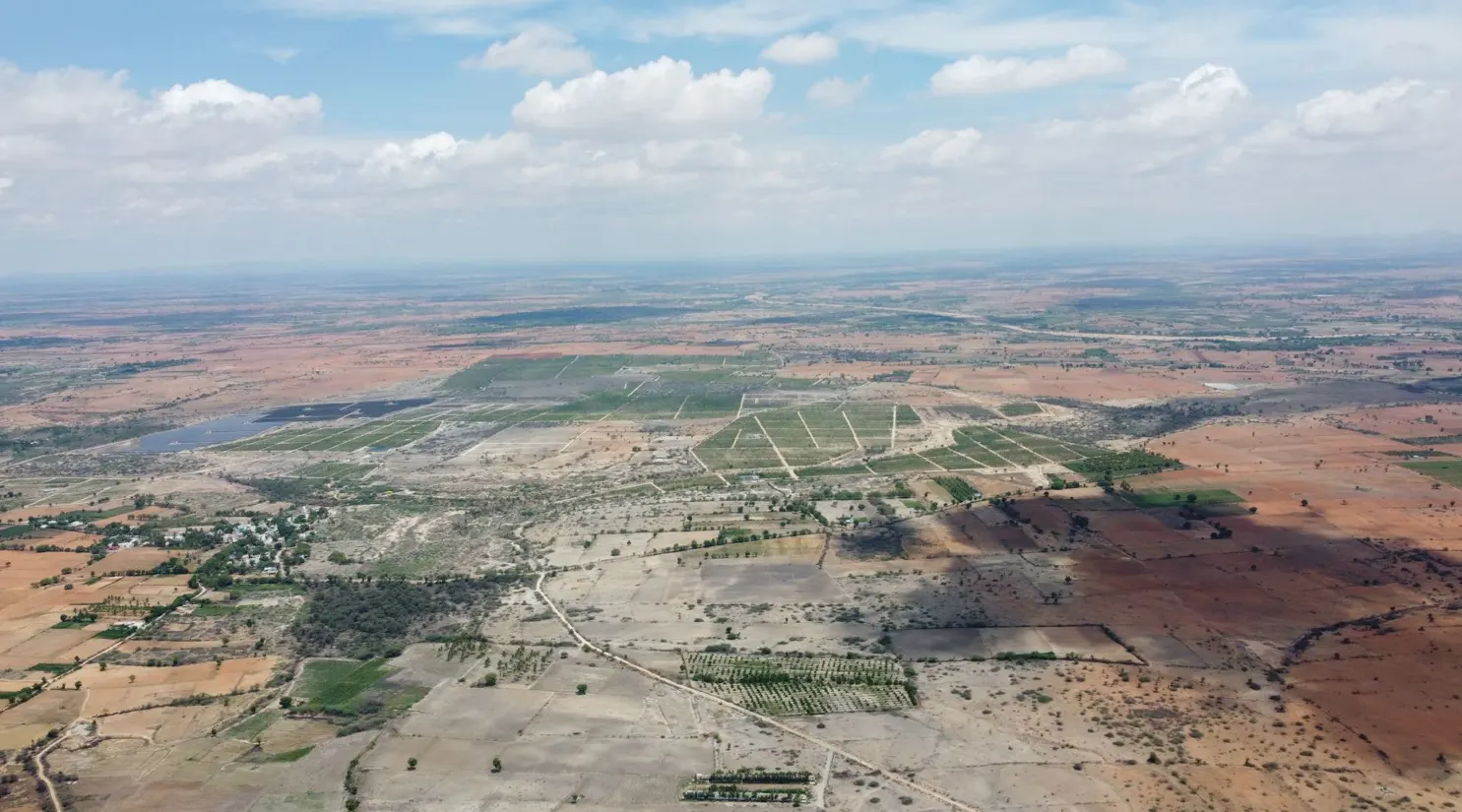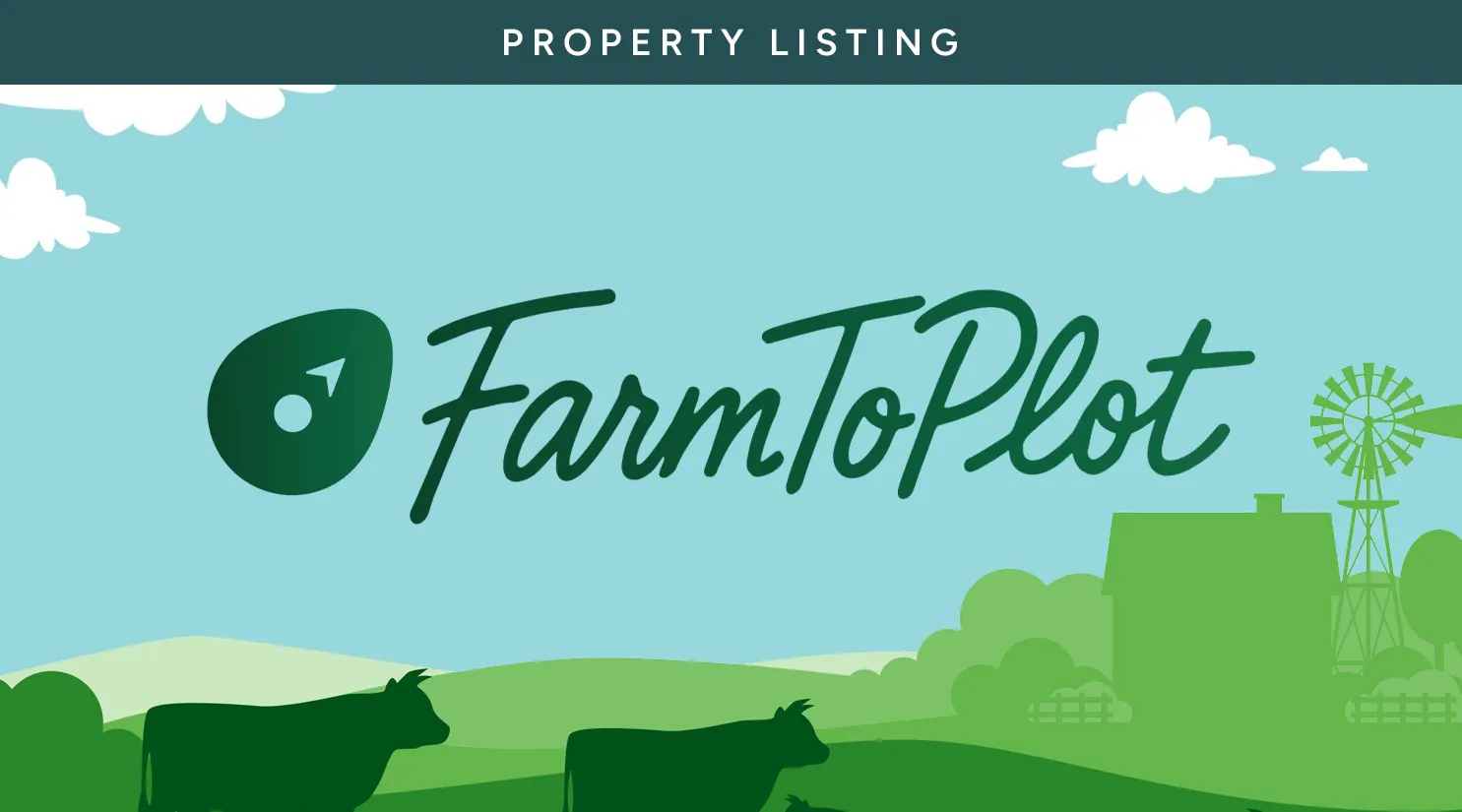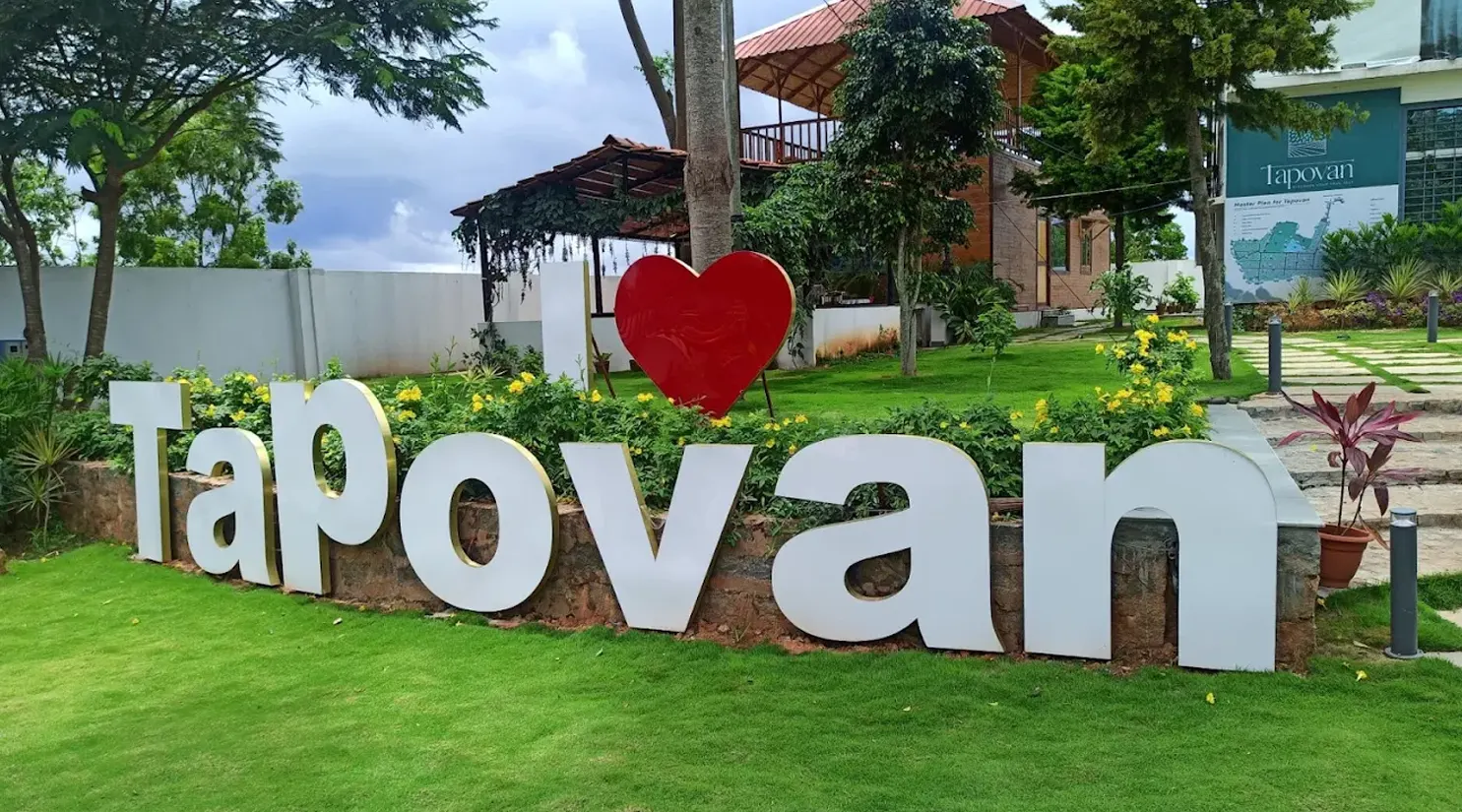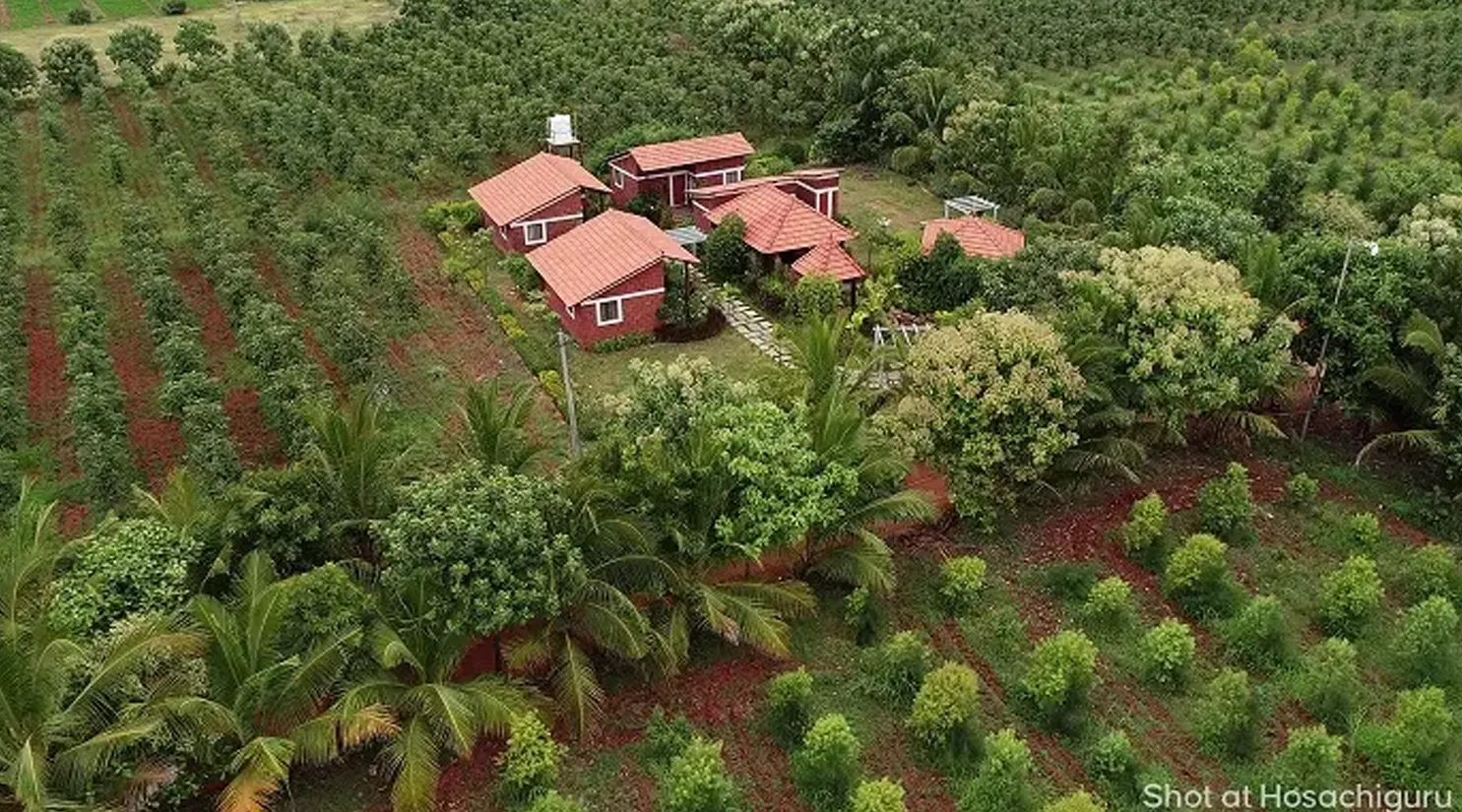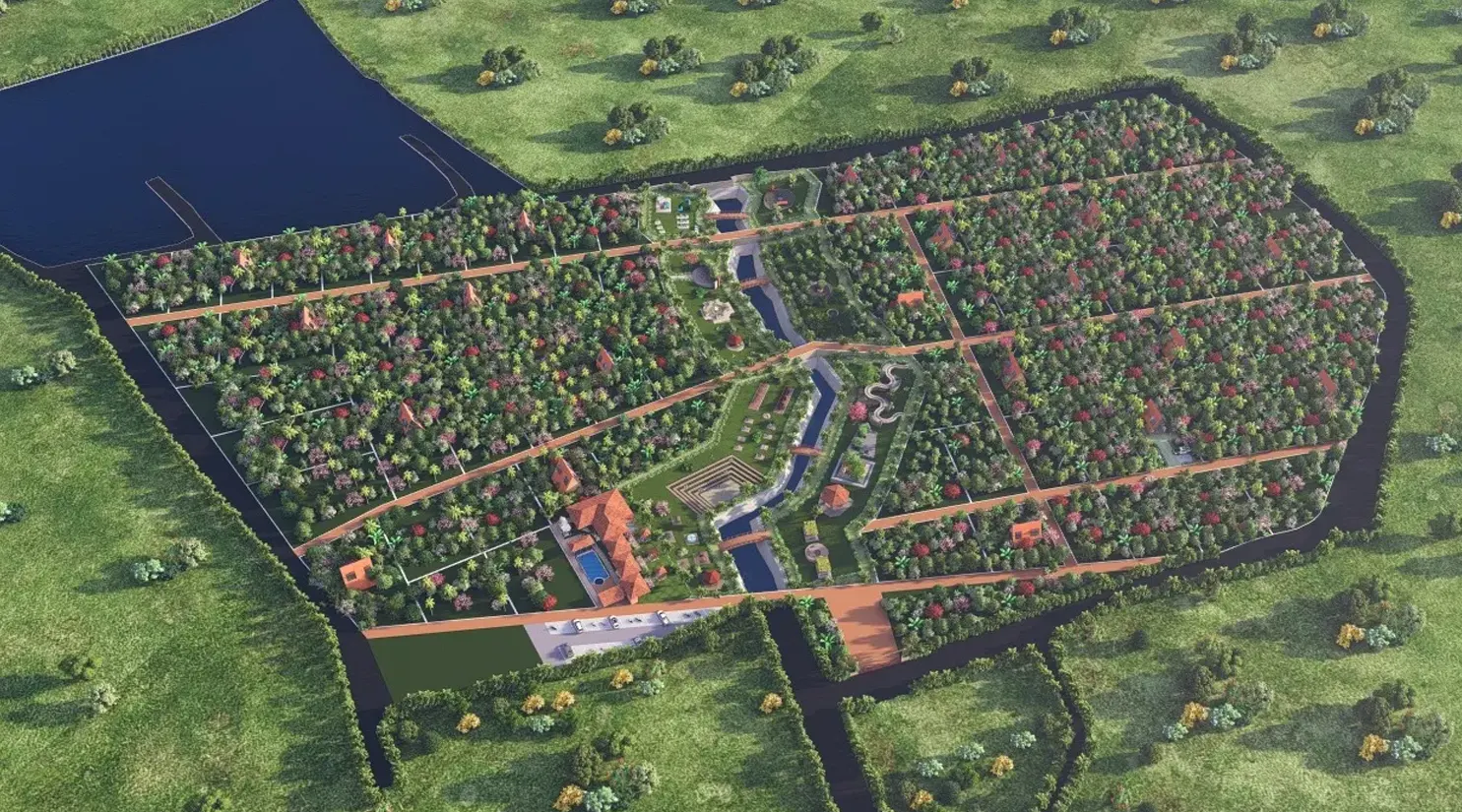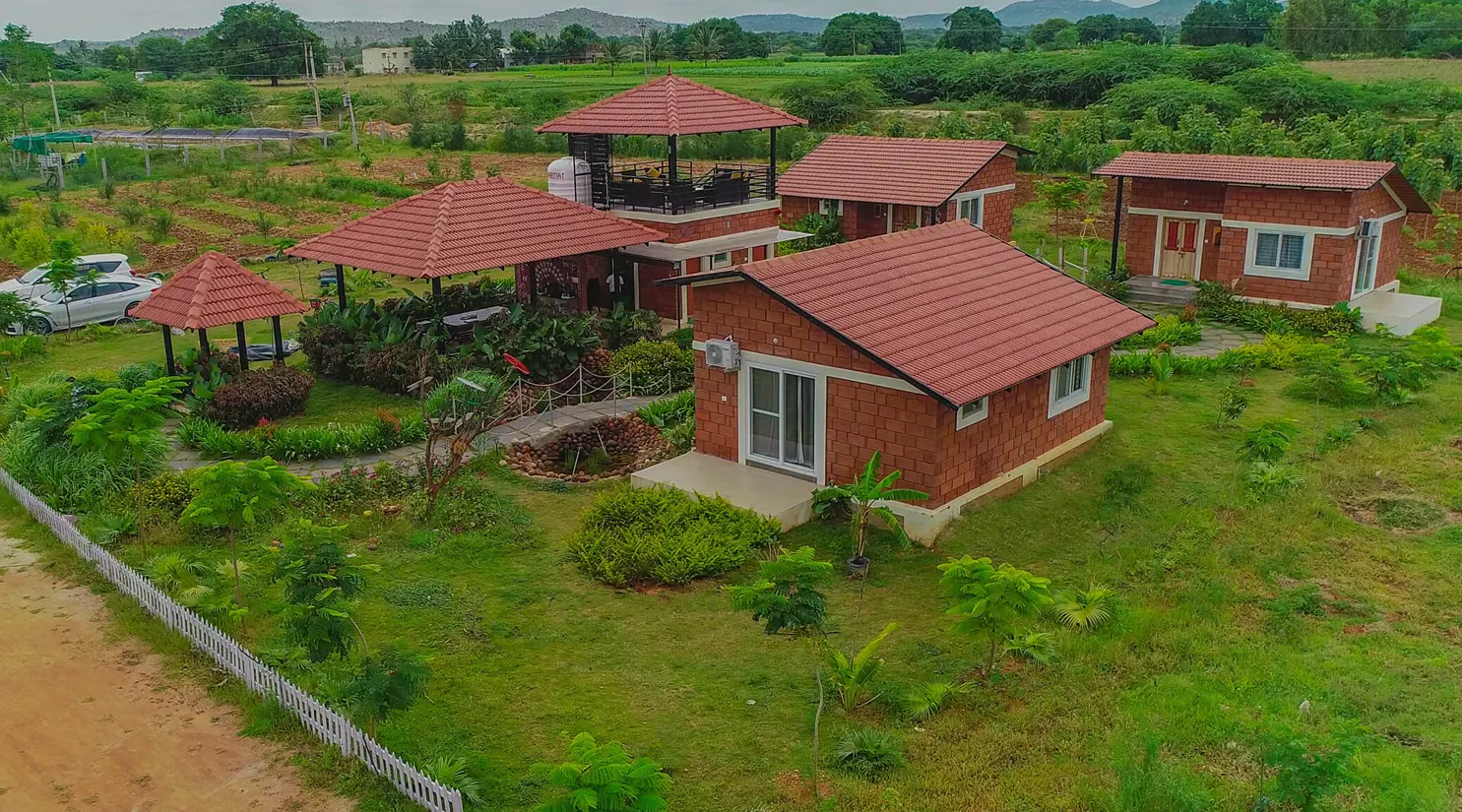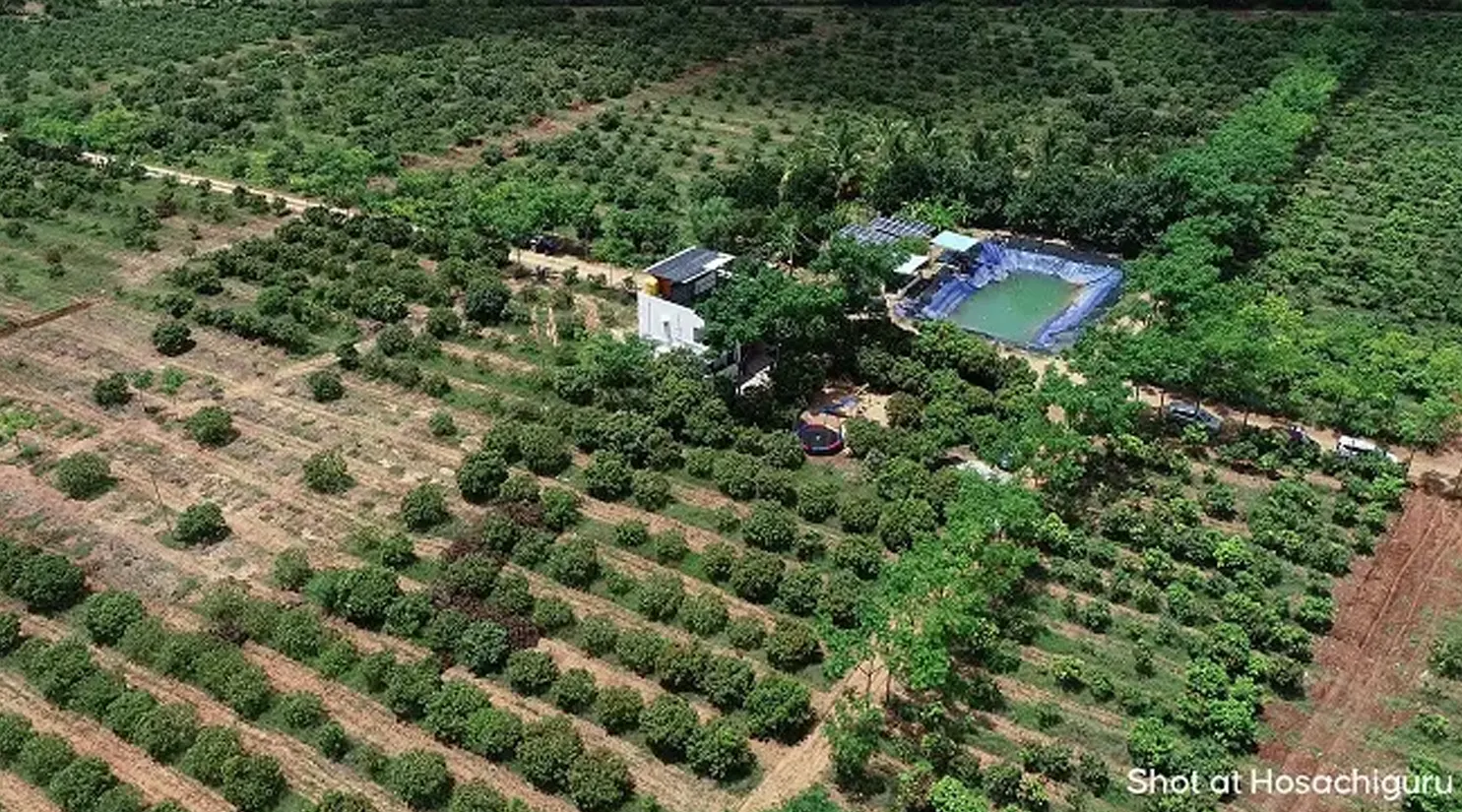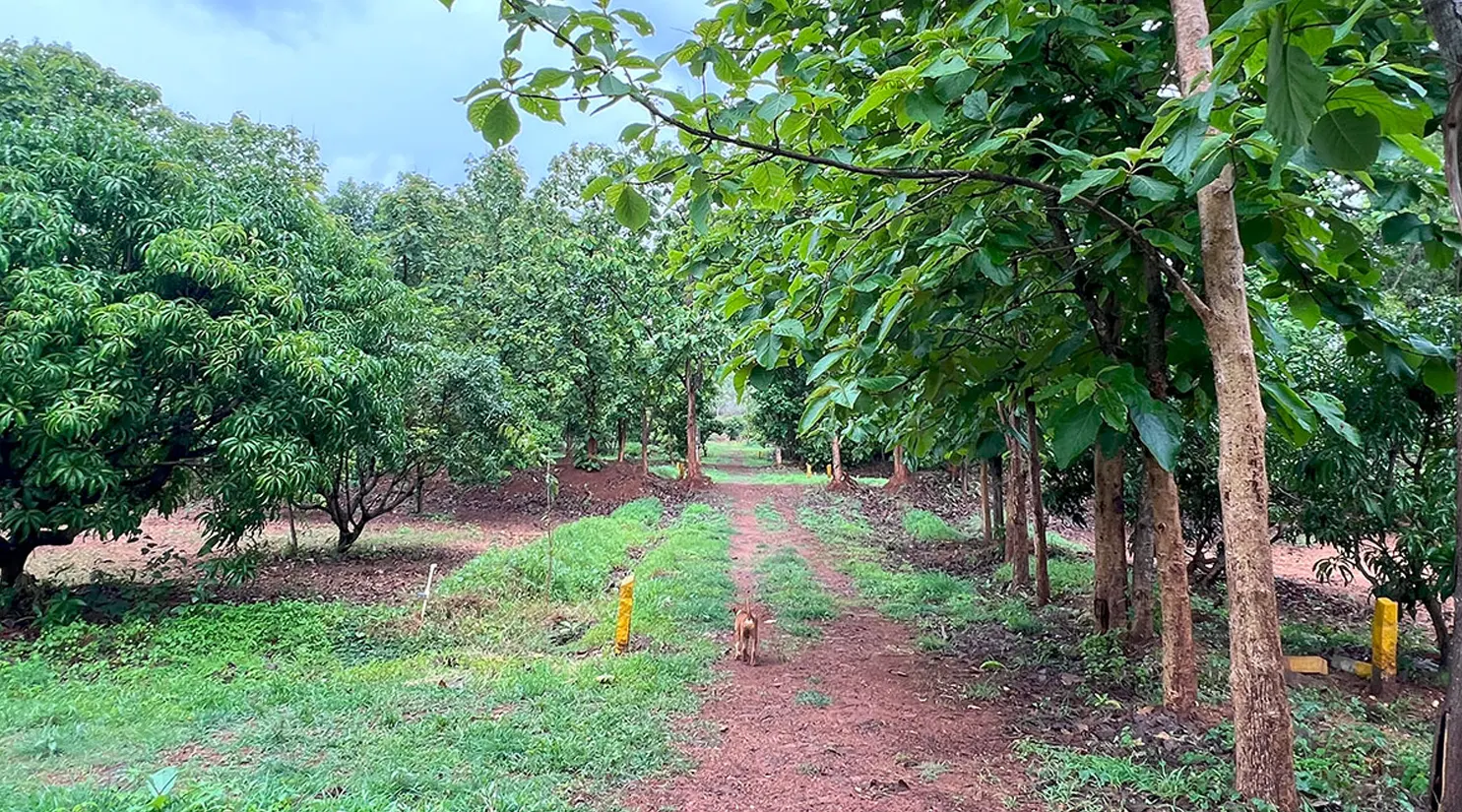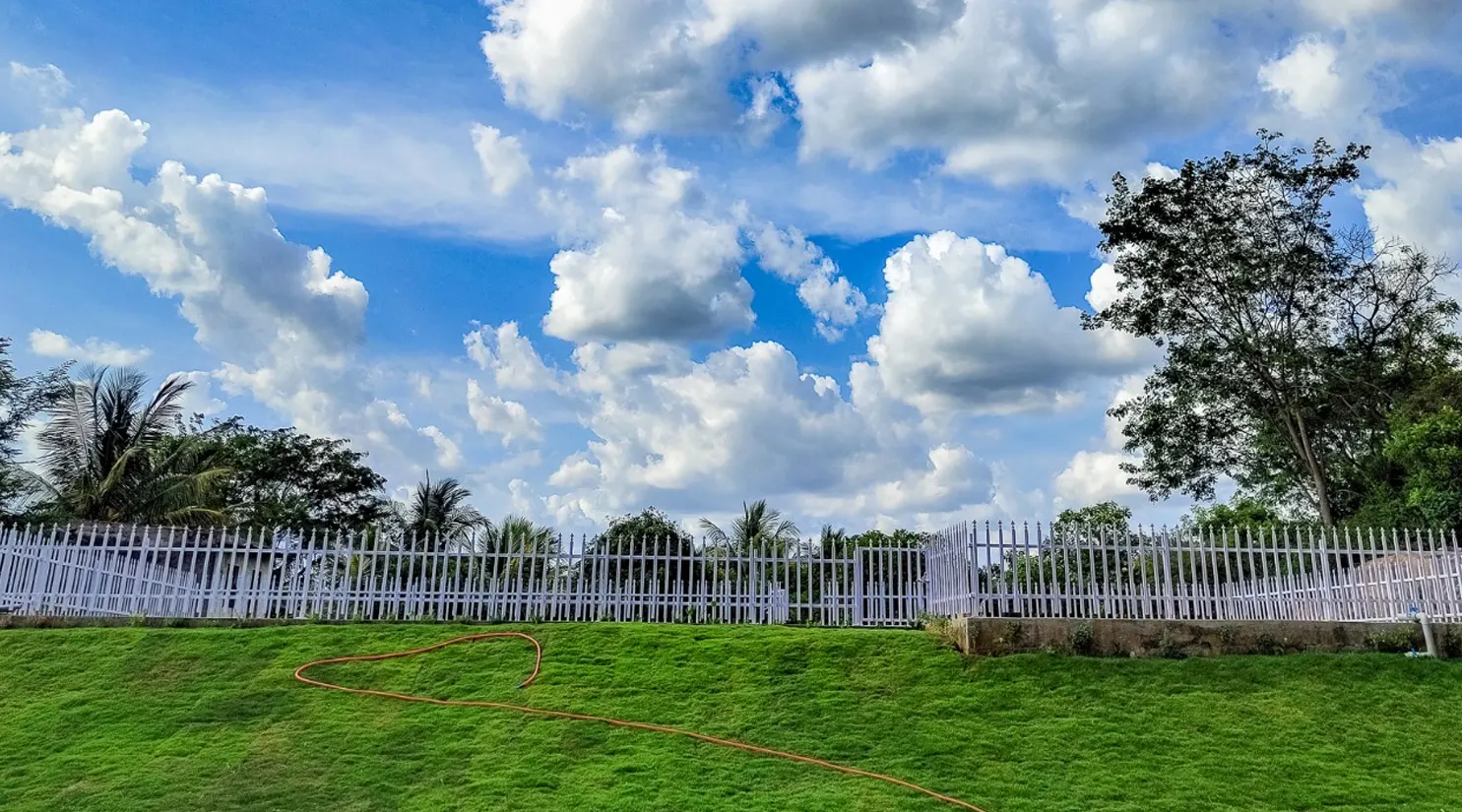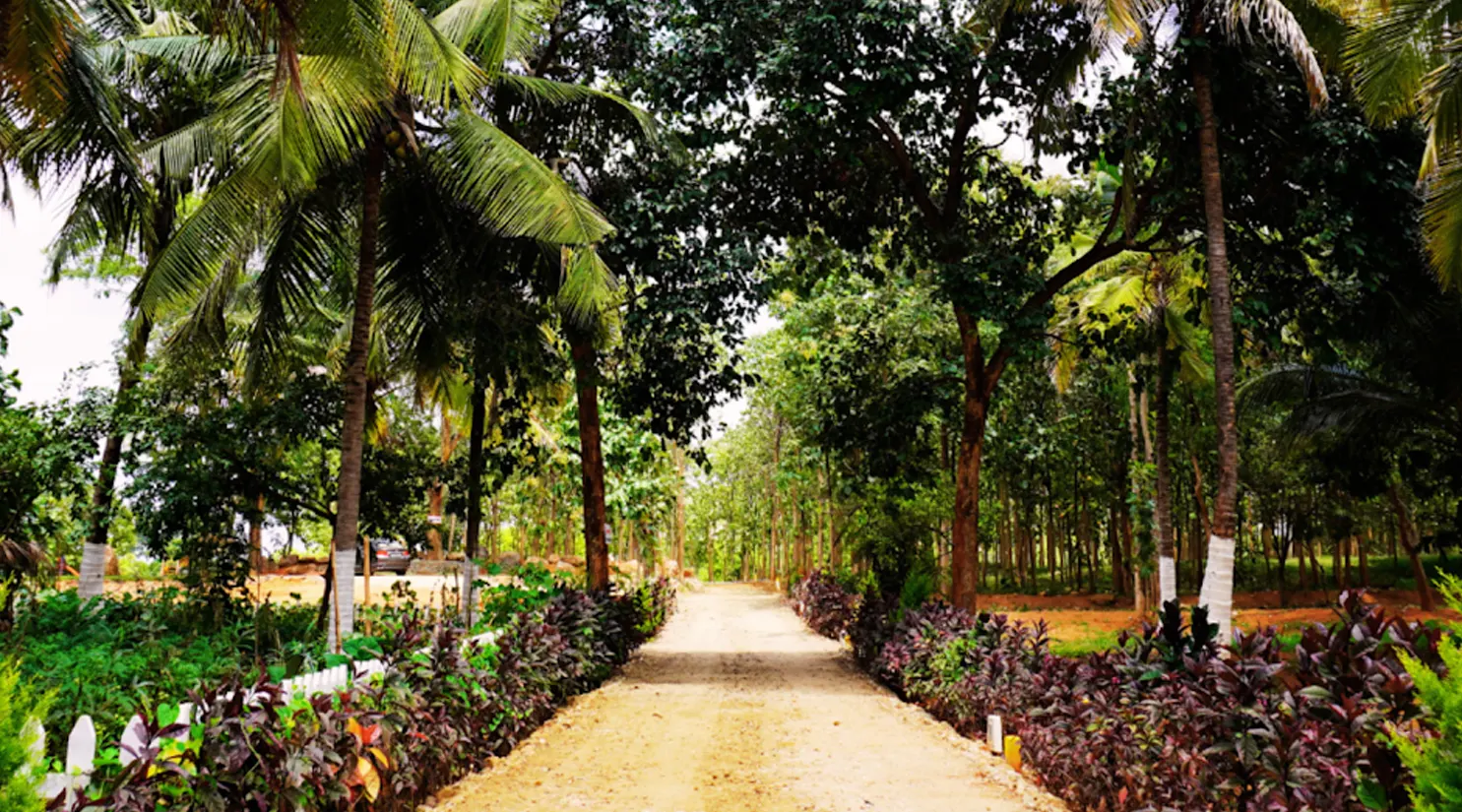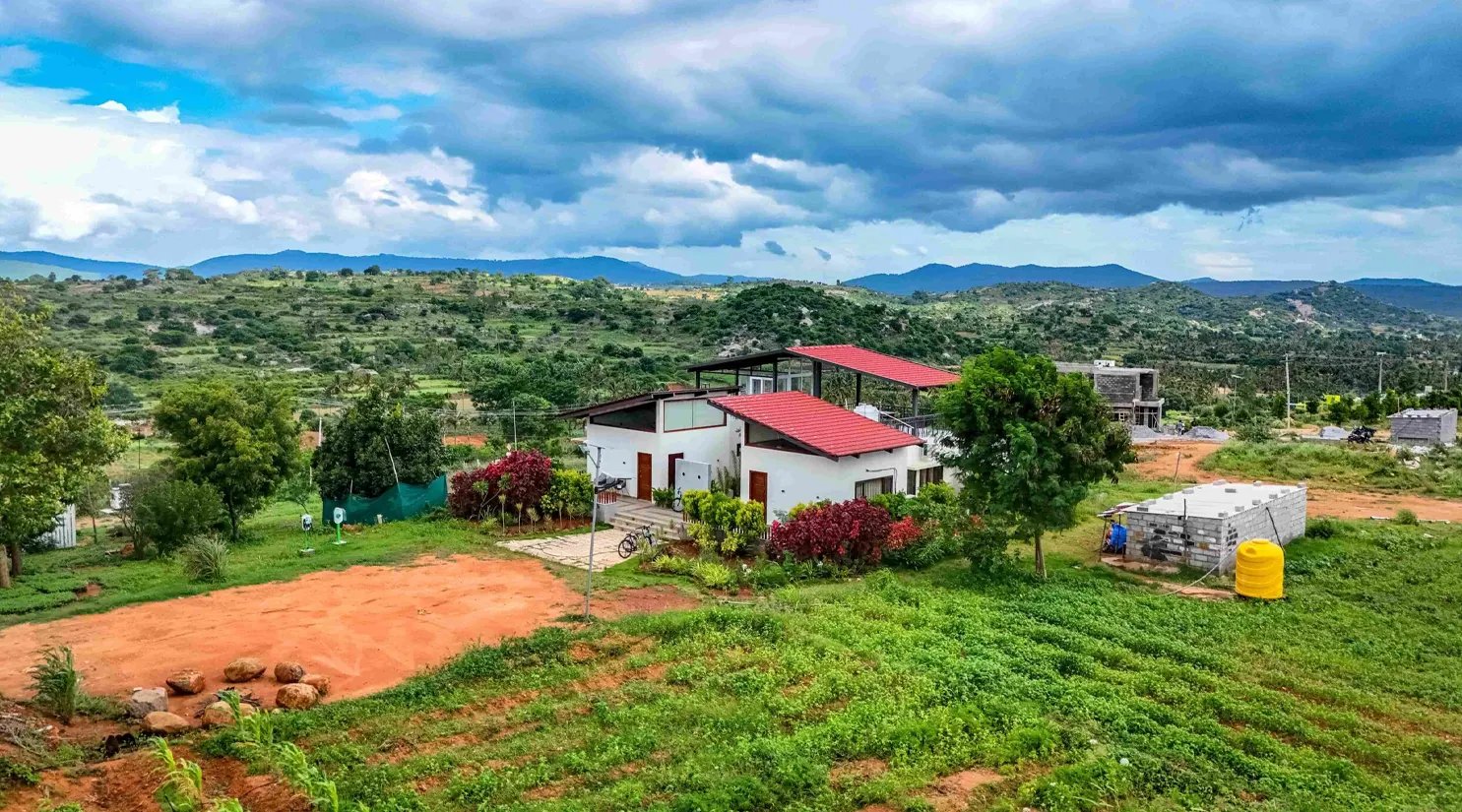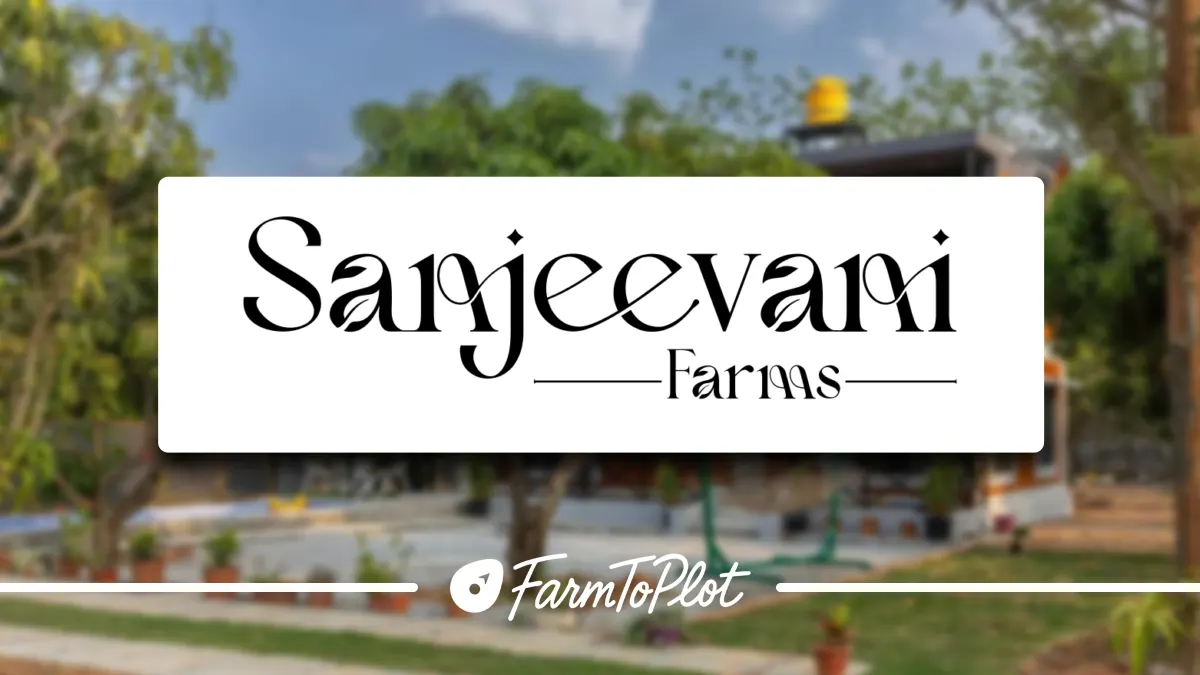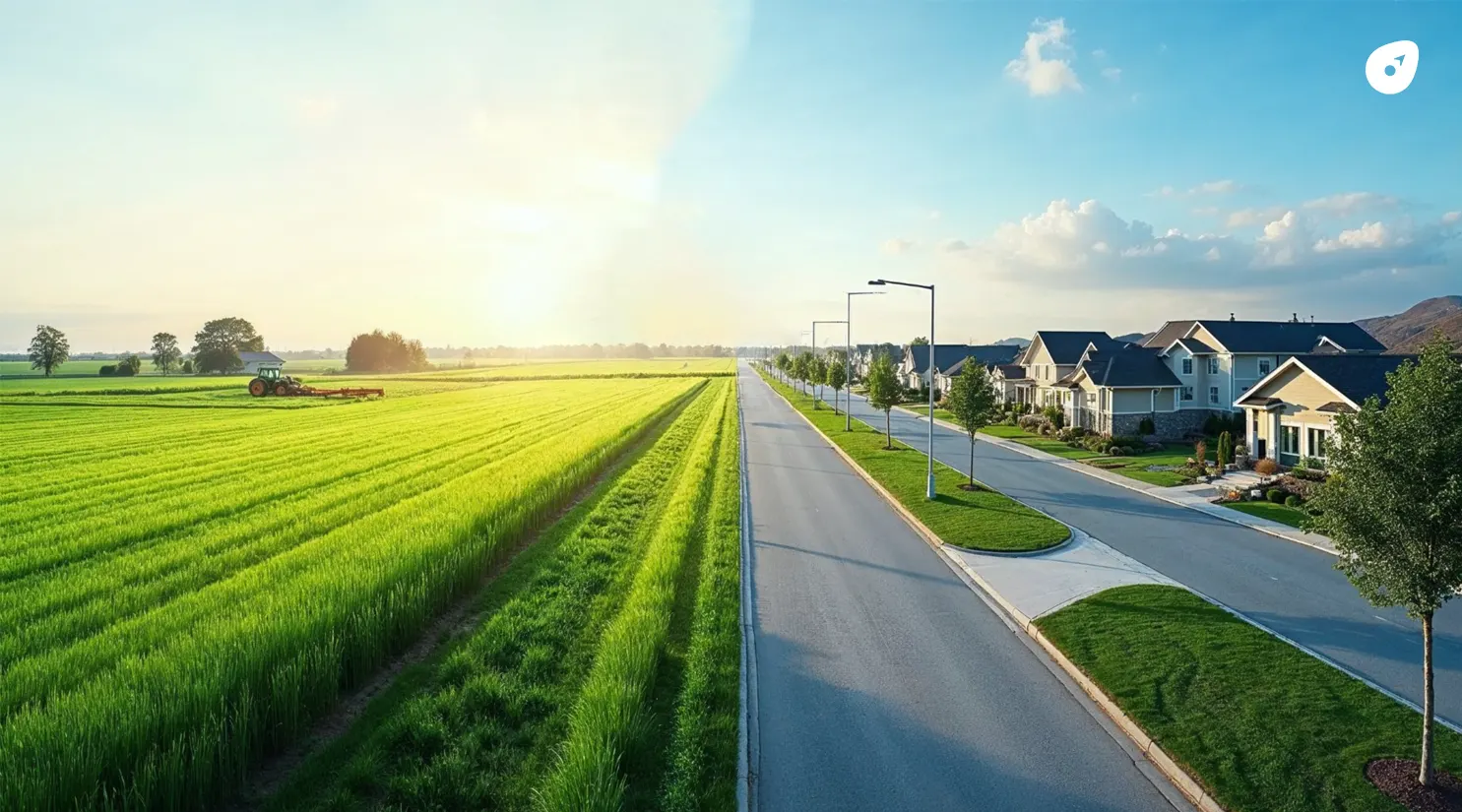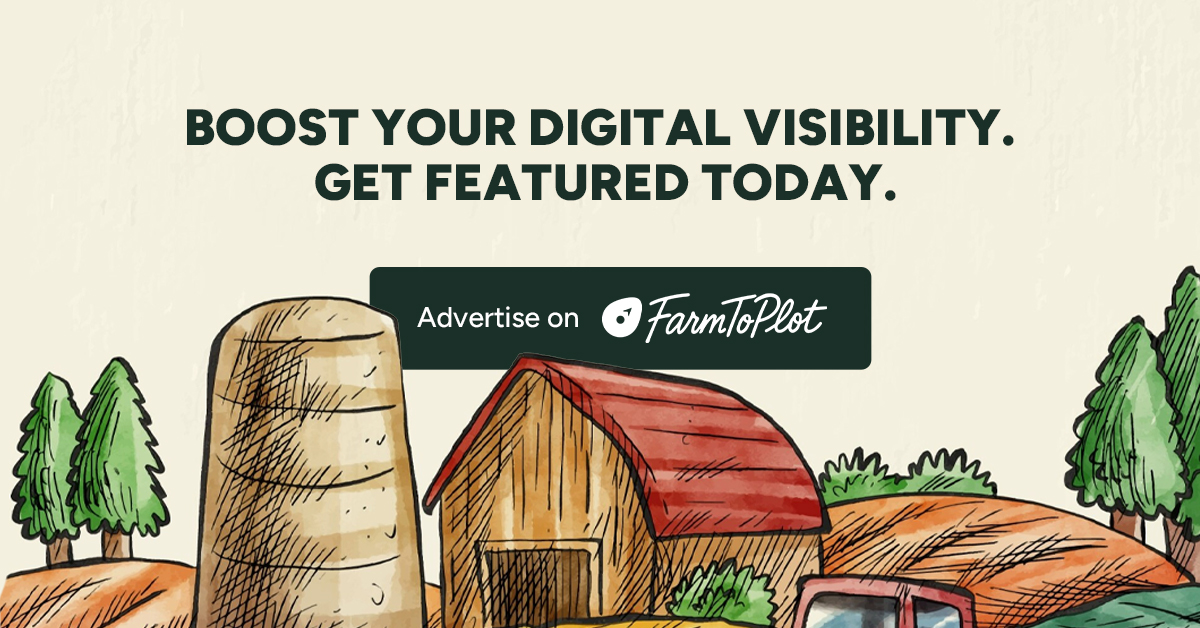Managed Farmland in India: What It Is and Why It’s Booming

Managed Farmland in India: What It Is and Why It’s Booming
India’s love for land is timeless, but there’s a new kind of land ownership catching everyone’s attention—managed farmland. Whether you’re a nature enthusiast, a sustainability seeker, or just someone exploring safe and high-return investments, managed farmland could be the answer. But what exactly is it, and why is this sector experiencing explosive growth across India? Let’s dig into it with a deeper perspective and comprehensive insights.
Understanding Managed Farmland
What Is Managed Farmland?
Managed farmland is a revolutionary concept in Indian real estate where individuals invest in agricultural land that is professionally managed by an expert third-party. While you hold the title and enjoy the appreciation benefits of land ownership, the hassles of day-to-day agricultural operations are handled by dedicated service providers.
These providers ensure the land remains fertile, productive, and legally compliant while investors enjoy the financial and personal benefits without needing farming knowledge or hands-on involvement.
Key Features
- Ownership with the investor while operations are outsourced
- Agricultural activities managed end-to-end by professionals
- Inclusions like fencing, borewells, irrigation, and internal roads
- Farm maintenance, crop cycles, and harvesting managed regularly
- Return sharing through profit-based or fixed-income models
Common Crop Types
- Timber Trees: Silver Oak, Teakwood, Sandalwood (high-yield long-term)
- Fruit Orchards: Mango, Guava, Custard Apple, Pomegranate
- Vegetable Patches: Organic tomatoes, chillies, gourds, leafy greens
- Aromatic & Medicinal Herbs: Tulsi, Lemongrass, Aloe Vera, Ashwagandha
Why Managed Farmland Is Booming in India
Rising Urban Stress and Craving for Nature
As Indian cities grow more crowded and stressful, urban dwellers are yearning for breathing space. Managed farmland provides a slice of countryside living without needing to leave the city entirely. Weekend getaways, family picnics, or just the psychological peace of owning green space make these plots more than investments—they’re lifestyle assets.
Affordable and Accessible Land Investment
Urban property prices in cities like Bangalore, Pune, and Hyderabad are pushing residential land out of reach for many middle-class investors. Managed farmland, especially on city outskirts, provides an affordable yet tangible asset with strong long-term appreciation.
Passive Income and Long-Term Wealth
Many managed farmland projects are designed around timber, fruits, and herbs that offer annual or periodic returns. The dual benefit of yield income and land appreciation makes it a hybrid investment model.
Eco-Conscious Investment
Managed farmland aligns perfectly with green living principles. It supports biodiversity, preserves native flora, encourages organic farming, and allows investors to be part of the sustainability movement.
Legal Simplicity and Transparent Transactions
Most top-tier developers take care of all legal formalities including land title verification, zoning, fencing, water rights, and conversion if necessary. This makes it incredibly easy for first-time investors.
Rise in Agri-Tech and Institutional Interest
New agri-tech startups and rural development funds are boosting the managed farmland ecosystem. Better technology, crop monitoring, irrigation automation, and data-driven yields make this a smart investment option today.
How Does Managed Farmland Work?
Ownership Structure
- Buyers receive legally registered plots in their name with clear survey numbers
- Titles are transferred post-payment and all land documents are provided
- The developer manages the farm operations, leaving the buyer stress-free
End-to-End Management Includes:
| Operation | Handled By |
| Land Clearing & Fencing | Developer |
| Soil Testing & Crop Planning | Agri-experts |
| Drip Irrigation, Borewells | Infrastructure team |
| Planting, Weeding, Harvesting | Farm Operations Team |
| Yield Distribution | Agreed revenue model |
Revenue Models You Can Choose From
- Profit-Sharing: You get a portion of actual crop sale profits
- Fixed Income: Annual income guaranteed regardless of output
- Mixed Model: Some part guaranteed, some linked to harvest
Some developers also offer buyback programs or timber harvest bonuses after long-term crop cycles.
Who Is Investing in Managed Farmland?
Demographics Driving This Boom
- Working Professionals in metros wanting weekend retreats and long-term wealth
- NRIs seeking a physical investment in India with minimal operational load
- Eco-conscious Youth interested in sustainability and ethical investing
- Retirees and Pre-retirees looking for peaceful second homes or family retreats
What Motivates These Buyers?
| Motivation | Managed Farmland Solution |
| Long-term land ownership | Legally secure titles in growing regions |
| Low-time commitment | Outsourced operations, regular updates |
| Financial diversification | Alternative to volatile stock markets |
| Connection to nature | Trees, farms, birdlife, and green landscapes |
| Legacy asset for family | Inheritable land with built-in growth value |
Managed Farmland vs Traditional Land Investment
Traditional Land Investment Pain Points
- High entry cost in urban zones
- Requires legal due diligence and site visits
- Infrastructure and development cost on buyer
- No returns unless sold or developed
How Managed Farmland Solves These
| Comparison Point | Traditional Land Buying | Managed Farmland |
| Cost Per Acre | High in urban areas | Affordable on outskirts |
| Legal Paperwork | Done by buyer | Handled by developer |
| Ongoing Maintenance | Buyer responsibility | Developer managed |
| Revenue Potential | Low (unless built up) | Recurring crop yield |
| Usability (Weekends) | Rare | Often includes access & stays |
Many managed farmland projects also offer clubhouses, nature trails, weekend cottages, and fruit-picking events for owners.
Where Are Managed Farmland Projects Thriving?
Top Performing Zones by State:
- Karnataka: Bagepalli, Tumkur, Chikkaballapur, Doddaballapur
- Telangana: Shadnagar, Chevella, Vikarabad
- Tamil Nadu: Coimbatore, Pollachi, Erode
- Maharashtra: Nashik, Pune outskirts, Karjat, Ratnagiri
- Andhra Pradesh: Penukonda, Anantapur belt
These regions are preferred due to:
- Good road connectivity to metros
- Rich soil and rainfall support
- Government push for agro-tourism and rural investment
- Availability of large contiguous tracts
Legal and Regulatory Factors to Know
Can Anyone Invest in Agricultural Land?
In several states, yes. However, in places like Karnataka, only registered farmers can directly purchase agricultural land. Some managed farmland developers work around this by creating farmer-status partnerships or facilitating legal eligibility.
Checklist Before Buying
- Title deed and encumbrance certificate
- RTC, 7/12 or Adangal documentation
- Access roads and borewell rights
- Land use zoning and any conversion status
What the Developer Handles
- Title verification
- Fencing and layout approval
- Village-level records and mutation updates
- Land registration and patta transfer
Top Myths Debunked
“You’ll Never See Returns.”
This myth couldn’t be further from the truth. Long-term timber crops like Teak and Sandalwood have shown potential returns of 4x to 10x over 12–15 years. These high-value hardwoods are in demand for furniture and construction, making them a strategic long-term asset. Additionally, managed farmland models often incorporate intercropping with fruits and vegetables, offering annual returns through crops like papaya, guava, drumsticks, and leafy greens—ensuring cash flow even while timber matures.
“Too Many Legal Complications.”
Legal clarity is a top concern—but in the managed farmland model, the heavy lifting is done for you. Leading developers handle the entire process: verifying land titles, clearing encumbrances, registering the property in your name, and securing all local approvals including mutation, borewell rights, and access roads. They often partner with legal firms to ensure documents are clean, transparent, and compliant with state agricultural laws.
“Only Rich People Buy These.”
This is a fast-fading stereotype. Today’s managed farmland ecosystem caters to a wide audience, including young professionals, middle-class families, and retirees. Projects start at an affordable range of ₹8–10 lakhs per quarter acre, with flexible payment options and fractional ownership models. The idea is to democratize land ownership and let more people participate in sustainable agriculture and rural development—without the burden of hands-on farming.
FAQs
-
Is managed farmland safe and legal?
Yes, as long as documentation is transparent and the project follows state laws. Always choose developers with a proven track record.
-
Can I visit or stay on my farmland?
Yes! Many developers provide weekend cottages, stay packages, or let you build your own eco-home.
-
What is the typical ROI from managed farmland?
Returns vary from 6% to 12% annually depending on crop type and location. Timber and herbal crops may yield more long-term gains.
-
Can I resell my plot later?
Yes. Your plot is fully registered to you and can be sold or gifted as per your preference.
Final Thoughts: Is Managed Farmland Right for You?
Managed farmland in India represents the future of ethical, sustainable, and profitable investing. It brings together the timeless value of land with the modern advantages of professional management, legal ease, and nature-based living.
If you’ve always wanted to own a piece of nature, grow something meaningful, or diversify your investment portfolio beyond the chaos of city real estate—this is your moment.
With platforms like FarmToPlot, it’s now easier than ever to take the first step. From curated listings and verified documents to real-time farm updates and owner privileges, your dream of land ownership is closer than you think.
Start Your Managed Farmland Journey with FarmToPlot
Explore the best curated farmland projects across India with FarmToPlot.com. Handpicked options from:
Find your sustainable second home or your next great investment—only on FarmToPlot.


